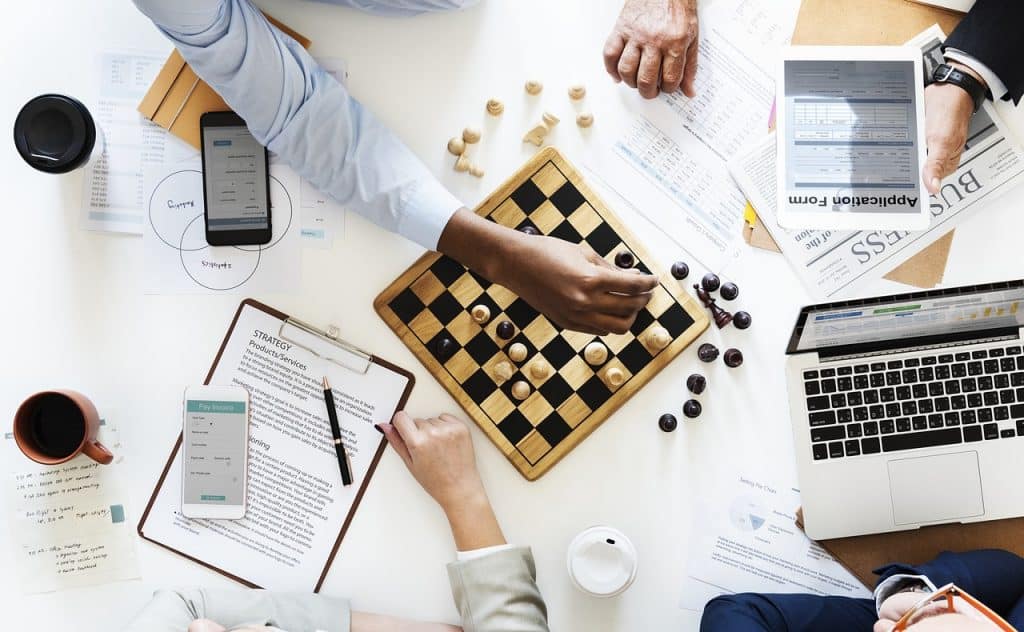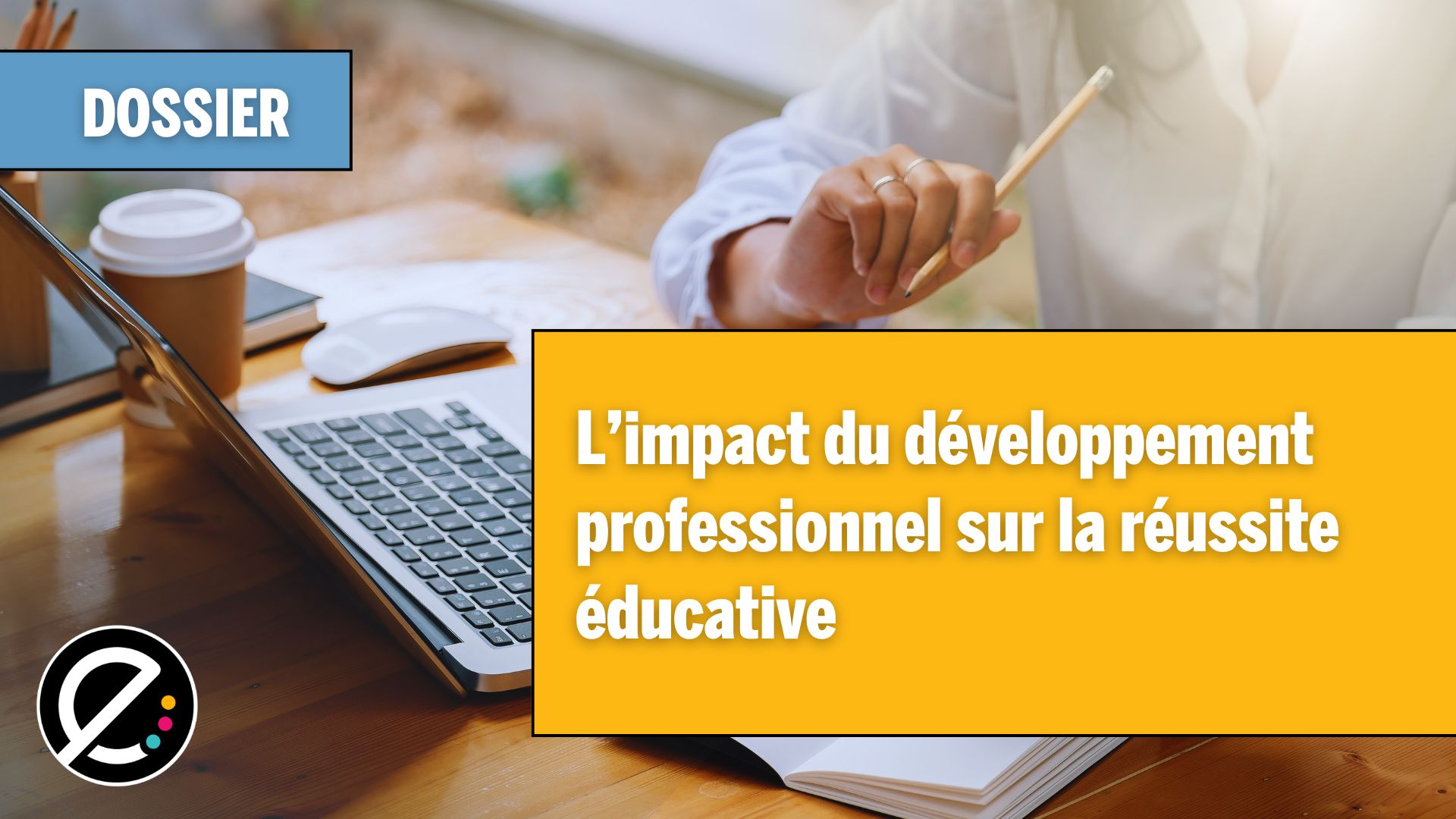Le Rendez-vous Francophone des Écoles en Réseau est un événement annuel où le partage des pratiques et des activités réalisées en classe est à l’honneur. C’est sous le thème de L’école en jeu(x) que l’édition 2019 du REFER a permis aux participants de s’inspirer pour faire évoluer leur pratique.
Le tout premier panel de l’événement Regards croisés sur le jeu dans l’apprentissage a permis aux panélistes experts de partager ce qu’ils considèrent être les facteurs de succès d’un jeu. Après une présentation de leur expérience et de ce qui les a menés dans cet univers du jeu, Stéphanie Dionne, de l’École branchée, a invité chacun des participants à partager les conditions gagnantes pour que le jeu prenne vie et qu’il soit plaisant et efficace au niveau des apprentissages.
Les panélistes
Venant de différents milieux et disciplines, chacun des panélistes a apporté sa propre couleur à la discussion grâce à leur parcours, expertises et réalisations plus variées les unes que les autres.
David Bertrand, enseignant au secondaire et fondateur du Bunker de la science propose un endroit où les participants doivent réaliser plusieurs missions en contexte post-apocalyptique afin de reconstruire l’humanité grâce à la science.
Christelle Quesnel et Émilie Lebret sont enseignantes conceptrices de jeux d’évasion pédagogique. Dans une philosophie de mutualisation, le site Escape ‘n games a vu le jour en septembre 2018 et il est alimenté par plusieurs collaborateurs.
Alors qu’il était étudiant, Benjamin Lille s’est beaucoup questionné sur l’innovation pédagogique en histoire. Il a travaillé afin d’impliquer les élèves dans la construction de l’histoire à l’aide du jeu Minecraft et, d’un autre côté, afin de les amener à développer leur habileté en design thinking dans la création de leur propre jeu.
Shawn Young, enseignant de sciences au secondaire, est fondateur de l’environnement de gestion de classe et des apprentissages Classcraft, une plateforme modulable par les enseignants afin de faire vivre aux élèves des situations éducatives du type « aventure dont tu es le héros ».
Les facteurs de succès du jeu
Lors de leurs échanges, les experts ont relevé plusieurs facteurs qui favorisent la réussite d’une expérience d’apprentissage ludique :
Trame narrative
D’entrée de jeu, David Bertrand avance que la scénarisation est un élément très important qui permet à l’élève d’entrer dans le jeu. Le positionnement de l’élève dans une situation inconnue où il est démuni de consignes favorise le développement de sa tolérance à l’ambiguïté.
Collaboration et coopétition
Selon les experts, un modèle de non-compétitivité est à privilégier. En favorisant la mise en place d’une collaboration signifiante et significative, chacun joue son rôle afin de réussir la mission à accomplir.
Culture du jeu
Grâce au jeu, le fait de vivre différemment le rapport à l’erreur permet à l’élève de mieux l’accepter, voire même de dédramatiser l’échec. Ce dernier est accepté plus facilement puisqu’il est attendu.
« Apprendre, c’est prendre des risques et se planter. » – Benjamin Lille
Débreffage, objectivation et réinvestissement
Le retour sur la période de jeu est essentiel, c’est à ce moment que l’on consolide les apprentissages, qu’on prend du recul pour se positionner. Il est même possible d’allonger la vie, le « momentum » ludique même si la situation de jeu est terminée en revenant sur l’expérience vécue.
Progression
Selon Shawn Young, une constante progression est une métaphore pour l’apprentissage. Certains types de jeux permettent d’évoluer continuellement, sans perte de points. Ainsi, on invite l’élève à adopter une mentalité de croissance et une position d’apprenant à vie.
Enfin, il est important de souligner que le jeu a un impact incontestable sur les joueurs. Des recherches sur le sujet ont permis de relever des retombées notamment sur la motivation, l’engagement, l’inclusion, les résultats scolaires, l’utilisation des technologies en classe. Qui plus est, les experts présents ont remarqué des effets sur la personne au niveau du leadership, de la prise de risques, du changement de perspective, de la prise en charge par l’élève acteur, du plaisir, de la collaboration ainsi que du changement de culture au niveau de la classe et même de l’école.
« Ce n’est pas parce que tu as du fun que tu n’apprends pas. » – Benjamin Lille
Pour regarder l’intégrale du panel, visitez la chaîne YouTube du REFER.

Pour en savoir davantage, plusieurs ressources sont disponibles sur le sujet :






